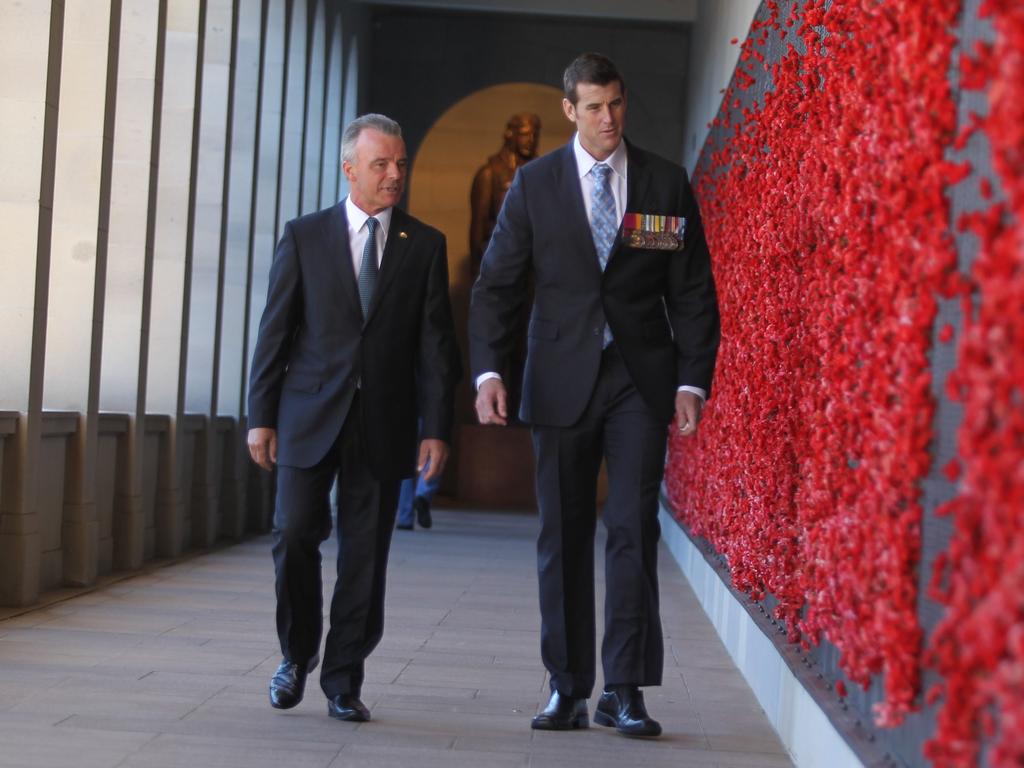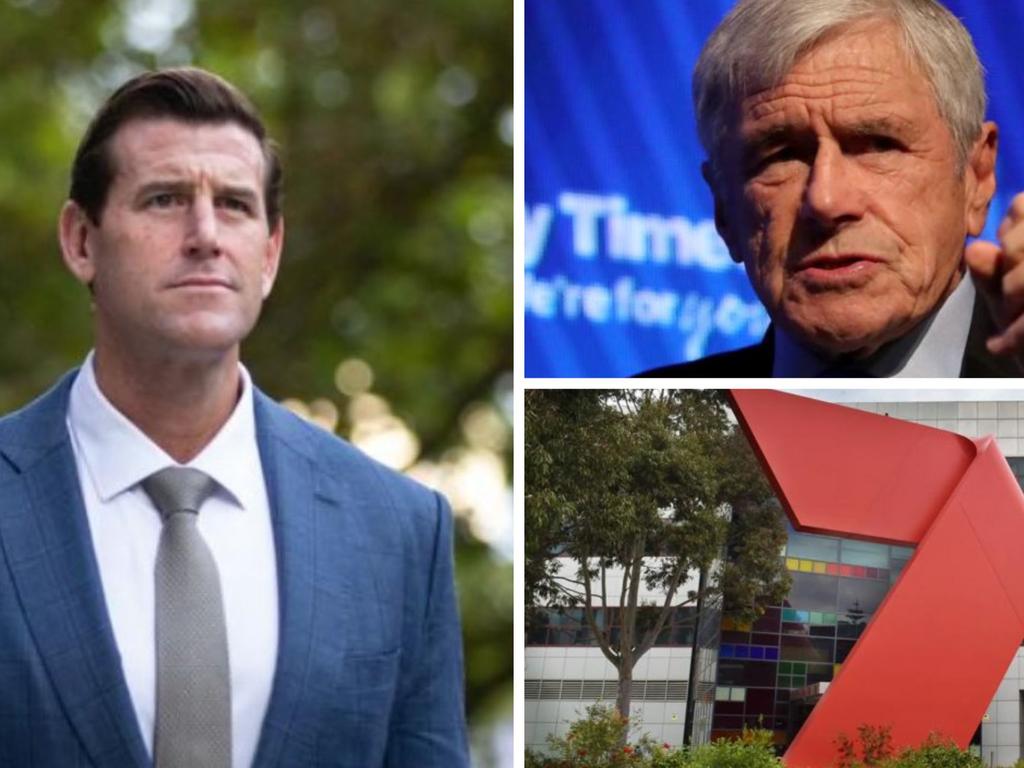Seven Network executive sent 8600 emails to Ben Roberts-Smith’s lawyers
The Seven Network executive’s communication in the disastrous case amounted to 86 emails a day, a court has heard.
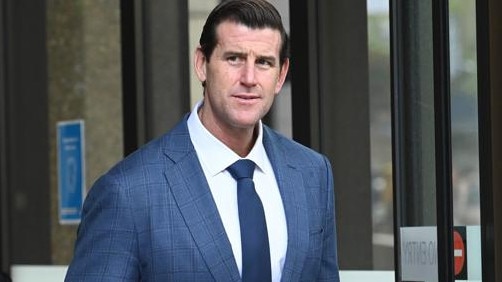
Seven Network commercial director Bruce McWilliam exchanged more than 8600 emails with Ben Roberts-Smith’s lawyers during the former soldier’s disastrous defamation case, amounting to 86 emails for every day of the trial for the “prolific communicator”, a court has heard.
The television network and its majority owner, billionaire Kerry Stokes, are fighting a bid by Nine newspapers to make them pay the $30m costs of the failed defamation action.
On Thursday, counsel for the newspapers Nicholas Owens SC told the Federal Court that the sheer volume of Mr McWilliam’s communications with Mr Roberts-Smith’s lawyers was relevant to the role played by the Seven Network in commencing and conducting the defamation case.
Mr Stokes has been ordered to hand over documents that could reveal details of his agreement to bankroll the Victoria Cross recipient’s defamation case, after Justice Anthony Besanko last month ruled several allegations of war crimes against Mr Roberts-Smith by the newspapers were substantially true.
The newspapers are seeking to show that Seven and Mr Stokes’ private company, Australian Capital Equity, exerted some control over the management of the defamation case.
Lawyers acting for the companies are seeking to narrow or strike out subpoenas issued by Nine on the grounds that they are “a fishing expedition”.
However Mr Owens said Nine was seeking only communications that showed a connection between parties the proceedings – Mr Roberts-Smith and his legal advisors – and non-parties, namely Mr Roberts-Smith’s financial backers.
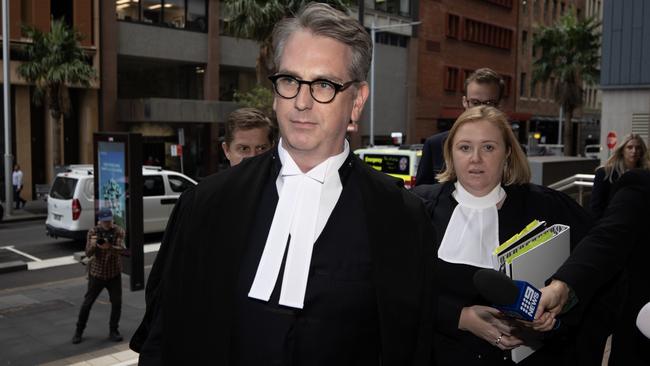
Mr Owens said the 8600 or more emails between Mr McWilliam and Mr Robert Smith’s lawyers “provides a very strong presumption, if one be needed at this stage of the analysis, that there is something more than mere observation going on”.
Mr Owens said it was clear from the funding agreement between Mr Roberts-Smith and Mr Stokes’ private company that the Seven legal team was regarded as an important part of a successful outcome to the proceedings.
Firstly, both ACE and Seven were lenders to Mr Roberts-Smith for the purpose of paying for legal fees, Mr Owens said.
“The second connection is that ACE was not just a lender, but it was a funder for profit, it stood to take 15 per cent calculated in a particular way of any successful recoveries.”
“A third facet of the connection is the involvement of Seven and ACE and its officers in the decision to commence the proceedings.
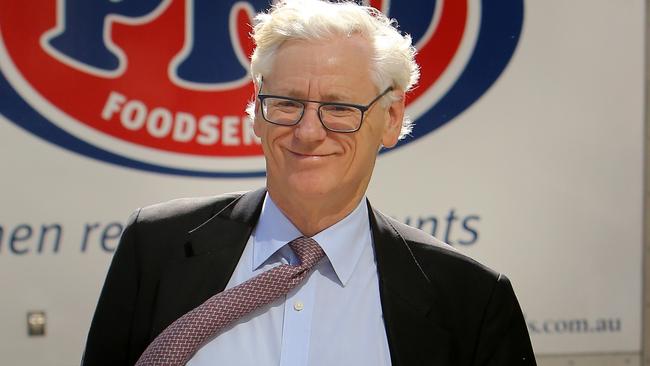
“Seven wanted Mr Roberts-Smith to have access to lawyers that he would not otherwise be able to afford and so they had a clear involvement in the decision to commence and in terms of the number and calibre of the lawyers that were involved to prosecute it for him.”
“That doesn’t mean that because Mr McWilliam was a prolific communicator, that the category becomes burdensome, it simply means there’s a lot to produce.”
Barrister Neil Young KC, representing Mr Roberts-Smith’s backers, argued that Mr Roberts-Smith was an executive of Channel 7 and the scope of the subpoenas would catch all communications between the pair in their corporate roles.
Mr Young said the mere fact that there were 8600 emails did not mean a strong presumption that “something more than observation was going on.”
“The very proposition that (Nine) would much prefer to trawl everything and make the judgment themselves, just shows that this is a fishing expedition in the nature of discovery.”
Justice Besanko reserved his decision on the subpoenas. The costs hearing is set down for September 4.


